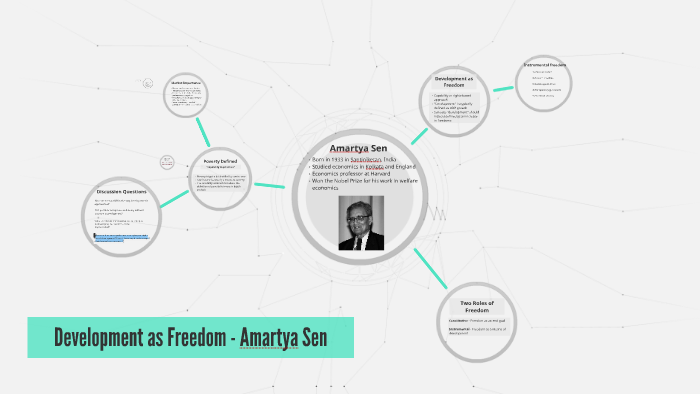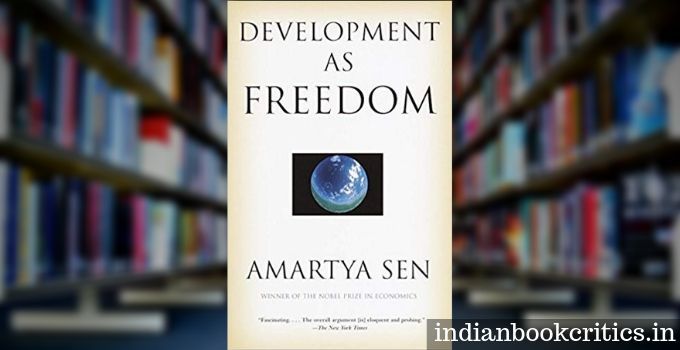


For example, Sen writes of the need to enhance human capabilities by eliminating suchunfreedoms as child labour and famine, but does not provide a structured roadmap of preventive measures and the long-term changes required for implementation. The book is best described as a model for examining issues of development in both economic and political terms, and not as a formula for implementing change. Arguments are strongly supported with vivid accounts of real living and working conditions for men and women indeveloping communities in Asia and Africa. Sen frames development as the realization of freedom and the abolishment of 'unfreedoms' such as poverty, famine, and lack of political rights. Sen describes human freedom as both the primary end objective and the principle means of development economic measures are merely the means to this end.ĭevelopment as Freedomis an informal text that brings together multidisciplinary insights from politics, economics, ethics, economics, demography, and sociology. GDP growth, average annual income) but in terms of the real 'freedoms' that people can enjoy such as economic facilities and social opportunities. Development as Freedom is Amartya Sen's first book after receiving the Nobel and the most widely read of all of his works.īased on the author's World Bank Fellow Lectures in 1996, this descriptive, non-technical overview of welfare economics argues that 'development' should be viewed not in terms of economic measures (e.g. Most of his research focuses on South Asia and Africa. He is particularly recognized for empirical research on poverty, inequality, and the causes of famine and also for defining the field of development studies to include technical analysis. He is the only Asian recipient of the Nobel Peace Prize in Economics, which he received in 1998 for his collective contributions to the field of welfare economics. Following his Indian college-level education, Sen undertook postgraduate studies at Cambridge University, and followed an international academic teaching and research career in the UK, the US and India.

Amartya Kumar Sen was born in Bengal (then British India) in 1933 and grew up in Dhaka (now the capital of Bangladesh).


 0 kommentar(er)
0 kommentar(er)
